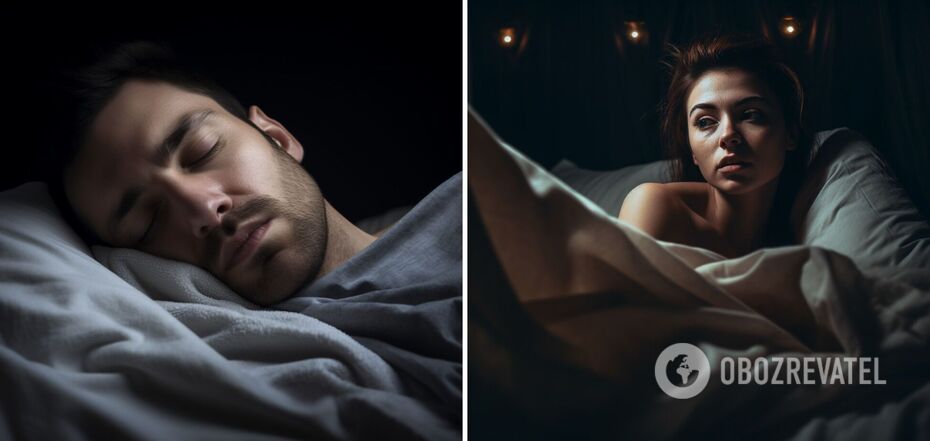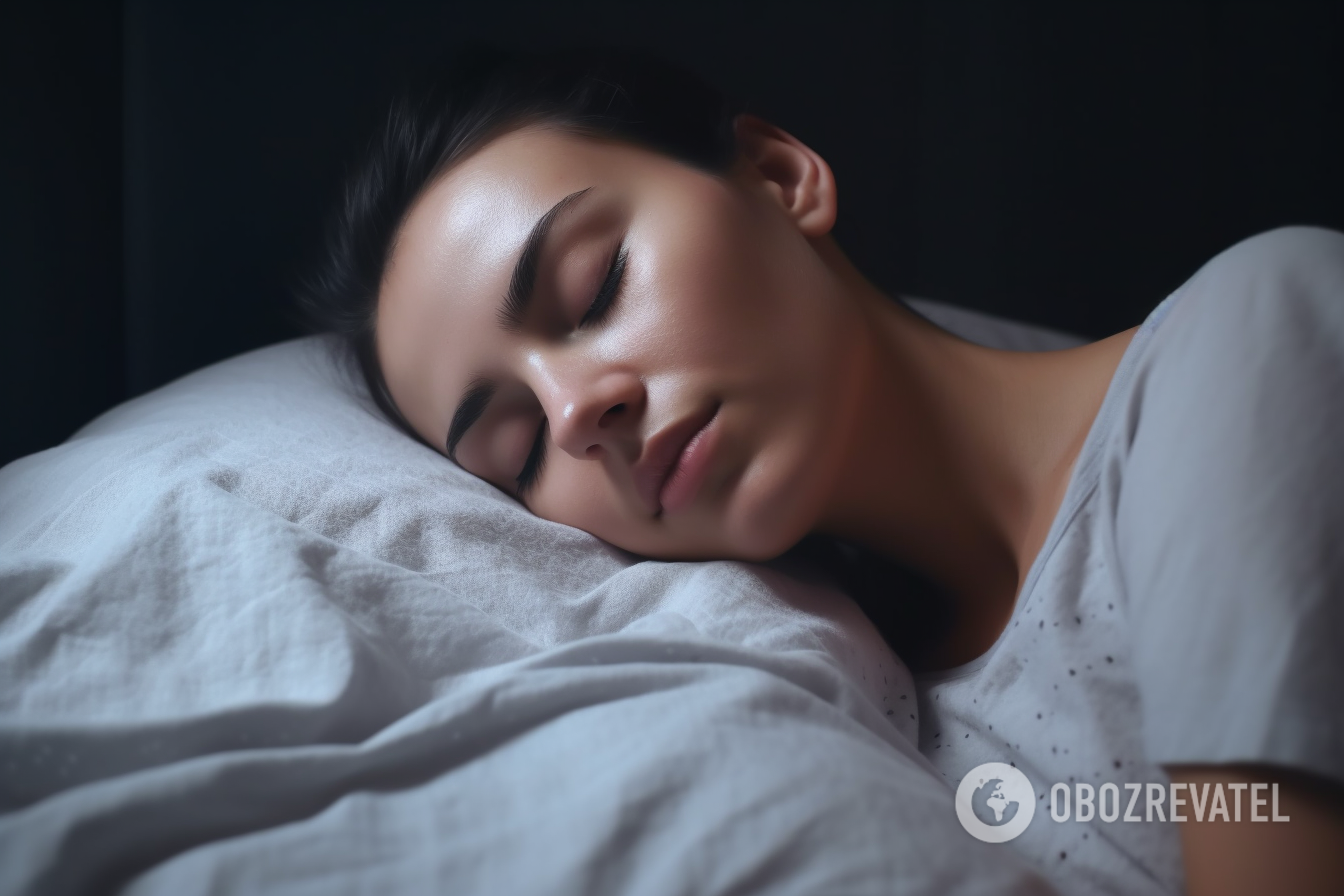Life
The best sleep position has been named: you'll be 100 percent rested
Probably, each of us knows the feeling when you wake up in the morning after a full 8 hours of sleep, but there is no feeling of deep rest. The reason for this may be the posture during sleep, which caused back pain, snoring or other problems, which, although they do not wake up completely, but do not give you a good night's sleep. Scientists say that it is often possible to overcome these difficulties just by changing your posture.
To find out exactly what is the optimal posture, BBC Future reviewed a number of studies on this subject. It turned out that researchers used a wide range of techniques to determine a person's sleep posture. For example, they were filmed on a video camera or put on motion-tracking devices. Thus, scientists from Hong Kong developed a device that, based on infrared radiation, could fix a person's posture even through a thick blanket.
Their colleagues from Denmark, who used small motion sensors attached to the hips, upper back and shoulders of volunteers, found that more than half of the time in bed people spend lying on their side. About 38% of the time is spent lying on their backs, and 7% of the time lying on their stomachs. They were able to establish that as people age, they spend more and more time on their side. So children aged three and older spend about the same amount of time in all three positions. But infants almost all the time sleep on their backs. This is because they are placed in the crib in this way for safety reasons.
Another pattern that research has shown claims that sleeping on the right side is better than sleeping on the left side. Participants who preferred this position had a slightly better quality of sleep.
In another small study, scientists investigated how sailors sleep on merchant container ships where cabin space is limited. It turned out that respiratory disorders such as snoring occurred more often when the sailors slept on their backs. This coincides with the common perception that sleeping on one's back provokes snoring and even apnea - sleep apnea.
At the same time, it was found that lying on your side helps to clear the upper airways and does not allow the uvula in the back of the throat and tongue to fall. And this reduces the manifestations of snoring. In some cases, changing the sleeping position from back to side completely solved the problem of nighttime apnea.
And some studies have shown that sleeping in the position on the side allows you to reduce back pain. People who slept in this way and had a good pillow were less likely to complain of cervical pain than those who slept on their backs.
However, researchers are not in a hurry to recommend side sleeping to everyone. Whether it will help you depends on your ailment and the exact position you assume during sleep. So scientists from Western Australia found that the posture on the side, when the hips are not parallel to each other, and the spine is in a twisted position, was less comfortable. And people who slept in a straighter position reported less neck pain. However, it's important to note here that the design of this study couldn't determine whether it was the twisted posture that caused the pain, or whether people settled down to sleep that way because it was the only way they felt comfortable because of the naked neck pain.
Meanwhile, scientists from Portugal decided to study on elderly people, how the change of posture during sleep can affect the general condition of a person. So people with back pain were advised to sleep on their side, and those with neck pain were advised to try to sleep on their back. After just four weeks, 90% of the participants said that their pain was reduced. However, only 20 people took part in this study, which is not enough to draw reliable conclusions.
Another condition that can be affected by sleeping position is heartburn. Sufferers of this condition are recommended to sleep more on the left side. There is no exact explanation for this yet, but medics suggest that sleeping on the left side helps to keep the transition point of the esophagus to the stomach above the level of stomach acid. This way it is not released into the esophagus and does not cause a burning sensation. Whereas sleeping on the right side probably relaxes the lower esophageal sphincter, allowing the acid to escape into the higher esophagus.
What about sleeping on your stomach? Some researchers have found that this posture may be associated with the sensation of jaw pain. It can also cause facial muscles to become overstretched, leading to wrinkles forming more quickly.
In general, those who wake up with a feeling of discomfort, researchers advise to keep a diary and record in which position you felt best. But don't get too caught up in thinking about your sleeping position, as this can cause problems falling asleep - an undesirable side effect of trying to make your sleep better.
Previously, OBOZREVATEL told about ways to fall asleep, even if you are haunted by anxiety.
Subscribe to OBOZREVATEL channels in Telegram and Viber to keep up to date.




























